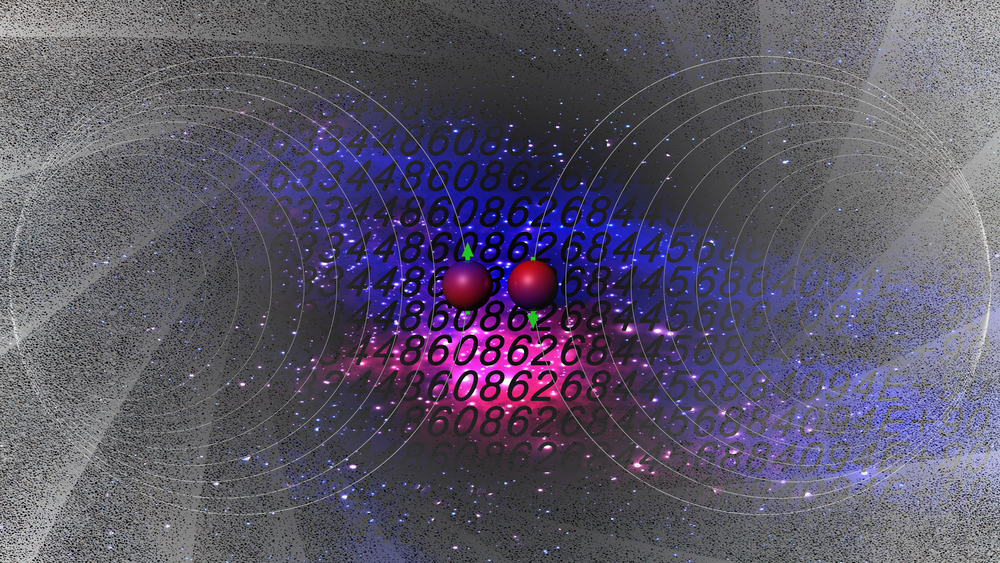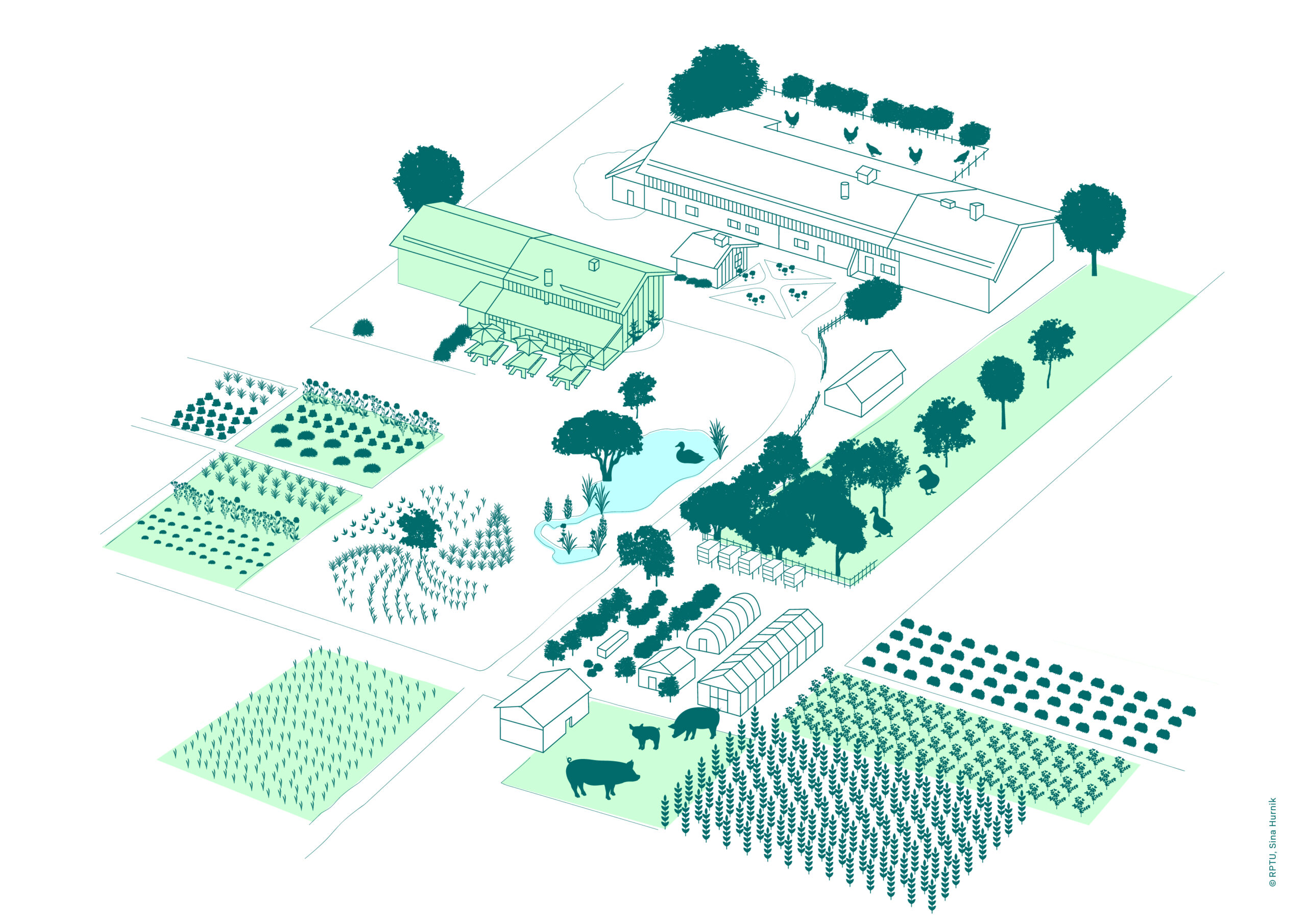AudioPod
About this episode
In 2009, the US National Research Council Committee on Identifying the Needs of the Forensic Sciences Community published a report highlighting the need to estimate the validity of expert opinions in forensic disciplines. These include the opinions of firearm examiners, who are trained to identify firearms and other weapon-related evidence during criminal investigations. Dr Susan Vanderplas at the University of Nebraska Lincoln has recently introduced a new unifying approach for accurately calculating the error associated with firearm analyses. Her method could be applied in forensic laboratories worldwide, to improve the reliability of forensic evidence in criminal investigations.
Original Article Reference
This SciPod is a summary of the paper ‘Treatment of inconclusives in the AFTE range of conclusions’, Law, Probability and Risk, 2020, 19, 317–364. doi.org/10.1093/lpr/mgab002
This work is licensed under a Creative Commons Attribution 4.0 International License. 
What does this mean?
Share: You can copy and redistribute the material in any medium or format
Adapt: You can change, and build upon the material for any purpose, even commercially.
Credit: You must give appropriate credit, provide a link to the license, and indicate if changes were made.






